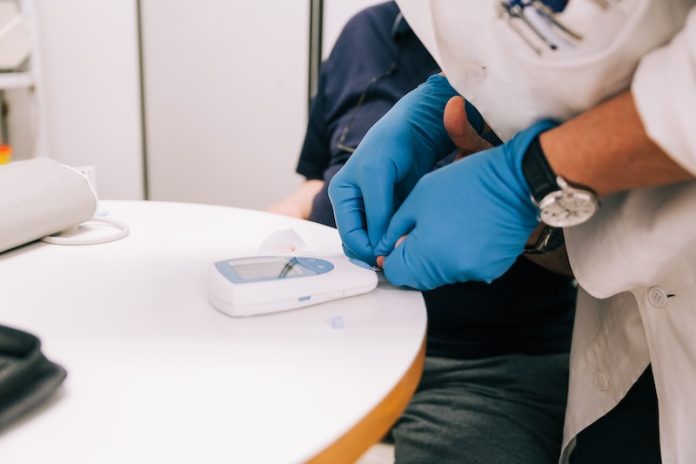
A recent study conducted by scientists at the Chinese Academy of Sciences has unveiled a potential link between a specific dietary fat found predominantly in plants and a reduced risk of developing type 2 diabetes.
The spotlight falls on linoleic acid, an essential omega-6 fatty acid that the human body requires but cannot produce independently, necessitating its intake through diet.
The Importance of Linoleic Acid
Linoleic acid belongs to the category of polyunsaturated fatty acids (PUFAs) and plays a pivotal role in various bodily functions.
These include supporting brain function, facilitating growth and development, maintaining bone health, regulating metabolism, and promoting reproductive system well-being.
Studying the Omega-6 Fatty Acid and Diabetes
The study’s objective was to explore the relationship between omega-6 fatty acid consumption, primarily linoleic acid, and the risk of type 2 diabetes among both men and women in the United States. T
o achieve this, the researchers followed a substantial cohort comprising 83,648 women from the Nurses’ Health Study, 88,610 women from the Nurses’ Health Study II, and 41,771 men from the Health Professionals Follow-Up Study over several years. During the follow-up period, 18,442 cases of type 2 diabetes were documented.
Omega-6 Fatty Acid Intake
The dietary habits of the participants were assessed every 2-4 years using validated food-frequency questionnaires.
The study revealed that, on average, omega-6 fatty acids, primarily linoleic acid, constituted 4.4-6.8% of total energy intake.
Positive Findings
Crucially, the researchers found that substituting linoleic acid for unhealthy dietary components led to notable benefits. When linoleic acid replaced saturated fats (comprising 5% of energy), there was a 14% lower risk of type 2 diabetes.
A 17% risk reduction was observed when it replaced trans fats (comprising 2% of energy), and a 9% reduction when it replaced carbohydrates (comprising 5% of energy).
These findings underscore the potential health advantages of incorporating linoleic acid-rich foods into one’s diet and replacing less healthy dietary components.
Unhealthy Fats and Their Risks
Saturated fats, commonly found in foods like butter, palm and coconut oils, cheese, and red meat, are solid at room temperature and have well-established links to increased cholesterol levels, raising the risk of heart disease, stroke, and weight gain.
Trans fats, prevalent in many fried and processed foods, are notorious for elevating bad cholesterol levels while lowering good cholesterol levels.
Their consumption is associated with a heightened risk of heart disease, stroke, and type 2 diabetes.
Omega-3 and Monounsaturated Fats
Interestingly, the study did not find significant effects on the risk of type 2 diabetes when linoleic acid was replaced with omega-3 fatty acids or monounsaturated fats.
Conclusion
In conclusion, the research suggests that linoleic acid, an omega-6 fatty acid predominantly found in plant-based sources, is associated with a reduced risk of developing type 2 diabetes.
This reduction in risk is most pronounced when linoleic acid replaces unhealthy saturated fats, trans fats, or carbohydrates in the diet.
Linoleic acid, while essential for human health, should be consumed in moderation.
By incorporating more linoleic acid-rich foods into a balanced diet and substituting them for less healthy fats and carbohydrates, individuals may mitigate the risk of chronic diseases, including heart disease and type 2 diabetes.
Understanding the role of specific dietary components can empower individuals to make informed choices for their long-term health and well-being.
If you care about blood sugar, please read studies about why blood sugar is high in the morning, and how to cook sweet potatoes without increasing blood sugar.
For more information about brain health, please see recent studies about 9 unhealthy habits that damage your brain, and results showing this stuff in cannabis may protect aging brain, treat Alzheimer’s.
Follow us on Twitter for more articles about this topic.
Copyright © 2023 Knowridge Science Report. All rights reserved.



